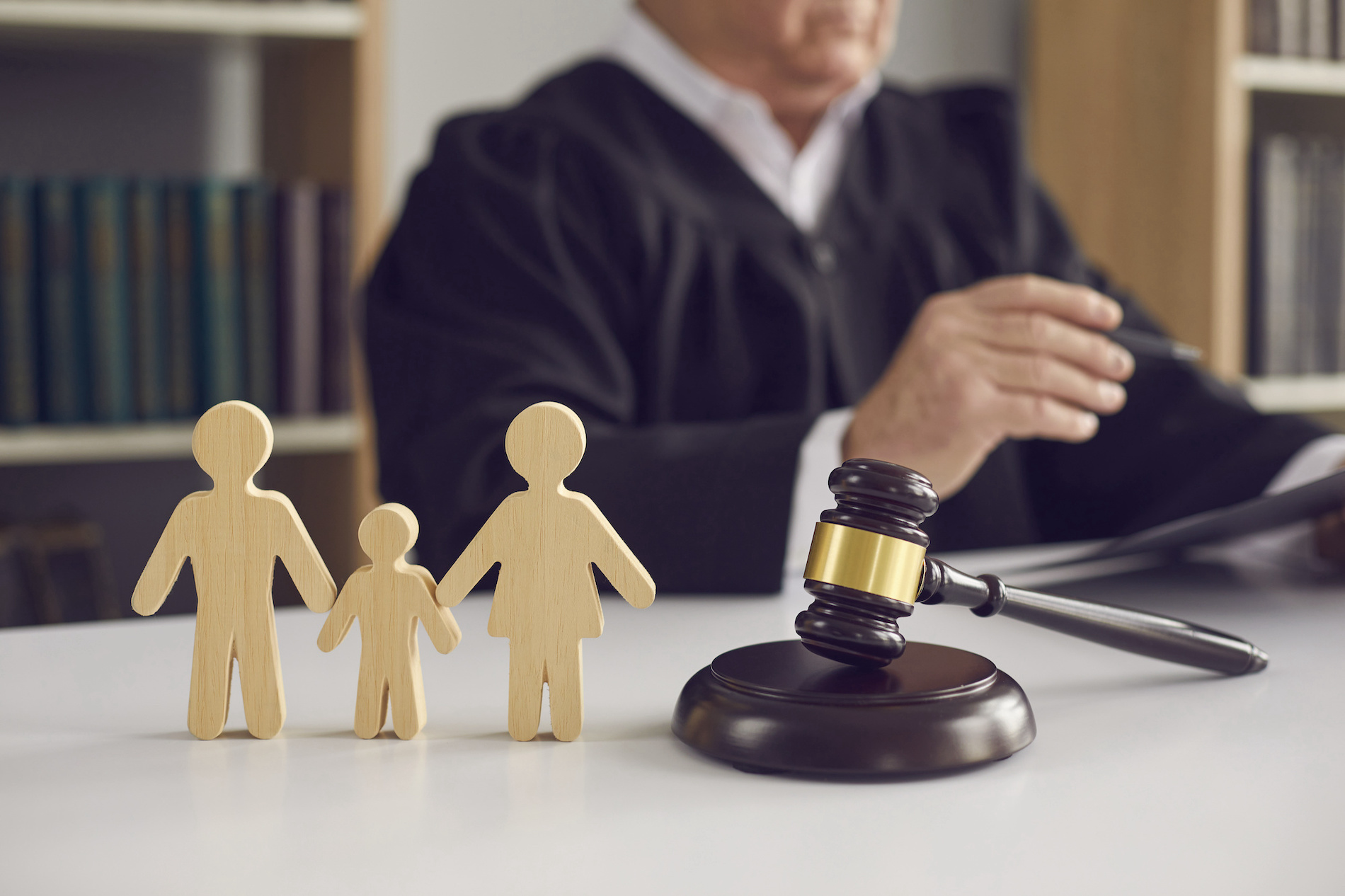« En juin 2018, la loi instituant le juge aux affaires familiales et portant réforme du divorce et de l’autorité parentale a institué le principe de l’autorité parentale conjointe. Dans le cadre d’un divorce par consentement mutuel, les parents d’un ou de plusieurs enfants règlent par convention (homologuée par le juge aux affaires familiales) e.a. les modalités de l’exercice de l’autorité parentale.
Dans un article de presse au sujet du divorce au Luxembourg, une avocate ainsi que l’ancien Ombudsman fir Kanner a Jugendlecher ont cependant affirmé qu’il existe souvent des cas au Luxembourg où un ou les deux partenaires n’observent pas les conventions susvisées.
Certaines personnes choisiraient (littéralement) de détenir leur(s) enfant(s) et la police se trouverait, dans ces situations, dans l’impossibilité d’intervenir. D’autres personnes choisiraient même d’enlever leur(s) enfant(s).
La ‘Convention sur les aspects civils de l’enlèvement international d’enfants’ de la Conférence de la Haye prévoit que le lieu de résidence d’un enfant ne peut être changé sans l’accord des deux parents. Il arriverait néanmoins souvent que l’un ou l’autre des parents décide d’emmener l’enfant à l’étranger. Même si les autorités judiciaires pourraient ordonner le retour de l’enfant, peu de pays suivraient la convention internationale.
Dans ce contexte, nous aimerions poser les questions suivantes à Madame la Ministre de la Justice et à Monsieur le Ministre de la Sécurité intérieure :
- Au cours des cinq dernières années, combien de cas d’enlèvement d’enfant par un parent ont pu être recensés?
- Dans ce contexte, combien de fois les autorités judiciaires ont-elles du invoquer la Convention sur les aspects civils de l’enlèvement international d’enfants susmentionnée ?
- Comment les autorités judiciaires et de police procèdent-elles si les autorités du pays vers lequel un enfant a été enlevé ne réagissent pas aux ordonnances judiciaires ?
- Lors de la présentation du projet de loi menant à la loi du 27 juin 2018, Monsieur le Ministre de la Justice avait mentionné que dans certains cas, une inscription peut être faite sur le passeport d’un enfant, notant que l’enfant ne peut sortir du pays qu’avec l’accord des deux parents. Dans les cinq dernières années, combien de telles inscriptions ont été faites sur les passeports des enfants ? »
Answer
Over the past five years, authorities have intervened in 31 cases involving parental child abduction. Between 2016 and 2020, Luxembourg requested the return of children illegally displaced abroad 62 times on the basis of the Hague Convention. During the same period, Luxembourg has requested on 5 occasions the return of displaced children to countries which have not ratified the Hague Convention. The central authority of the country to which a child has been moved will try to locate the child, ask for an explanation and try to promote the voluntary return of the abducted child. If in some cases all legal options are exhausted, the Public Prosecutor’s Office does not have the means to compel the authorities of the requested country to proceed with the return of the child. The law of 27th June 2018 which also reformed the process in case of a divorce and parental authority, retained the possibility of an entry in the passport of the child prohibiting the latter from leaving the territory without the authorization from both parents. However, no request for such an entry has been made at this stage.






